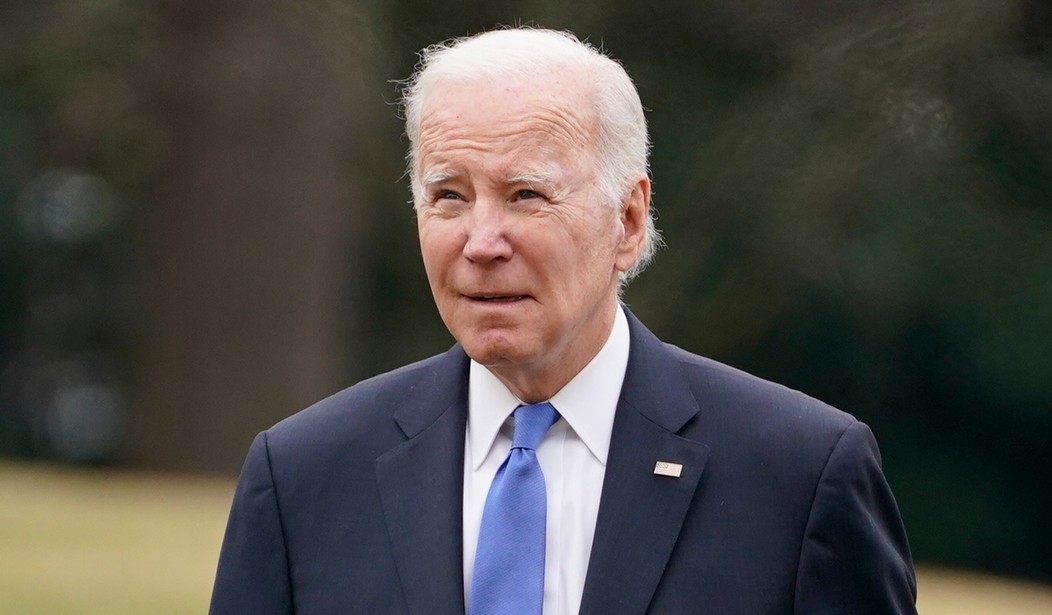In the wake of the Biden Administration’s decision this week to let a Chinese Communist Party spy balloon make its way across the U.S. unchallenged, including over some of our most sensitive military facilities, it is important to remember two key lessons on military accountability from recent decades.
Thirty-six years ago, in May of 1987, an 18-year-old German amateur pilot named Mathias Rust took off from a small airport near Hamburg Germany in a small single-engine Cessna to fly over northern Europe and gain some hours toward his professional pilot’s license. Two weeks later, after several stops, Rust departed from Helsinki, Finland, and turned his aircraft to a heading of 170 degrees, straight toward Moscow.
His flight was promptly picked up by Soviet air defense radar, and top generals considered a number of actions to intercept and shoot down the invading aircraft. They scrambled a MiG fighter, but ultimately decided against taking defensive action. After flying over several hundred miles of Soviet airspace, Rust approached Moscow, circled near the Kremlin and landed his plane next to Red Square in front of incredulous onlookers.
Twenty years later, in August 2007, U.S. Air Force munitions handlers at Minot Air Force Base in North Dakota mistakenly loaded six cruise missiles armed with nuclear warheads onto a B52H bomber in violation of strict controls on such weapons that required special clearance for their flying in U.S. airspace. The aircraft took off with its dangerous payload and promptly flew 1,000 miles over the central U.S. before landing two hours later at Barksdale Air Force Base in Louisiana. Neither the pilots nor the ground crew were aware of the presence of nuclear weapons on the plane during the flight and for some 36 hours after landing.
What do these two public incidents have in common other than failure of leadership and dereliction of military responsibility in a very public way? In both instances military leadership was held accountable at top levels. In the Rust aircraft incident, Soviet leader Mikhail Gorbachev took swift action, firing his defense minister and Air Force chief of staff within 48 hours. In the U.S. Air Force bomber mishap, known as a “Bent Spear” incident, defense secretary Robert Gates relieved both the Secretary of the Air Force and the service’s top general of their duties less than a year later, after an investigation and an additional incident involving sending nuclear fuses mistakenly to Taiwan.
Recommended
Both incidents also show how critical accountability is to chief executives in maintaining good order and discipline in the military, as well as maintaining credibility with important overseas audiences. In Gorbachev’s case, his bold move burnished his credentials and established a firm grip on power, enabling him to usher in key reforms in subsequent years. For Secretary Gates’s part, his firings sent a strong signal about civilian control of the military when it came to stewardship of our most lethal weapons, and he later was retained in his position in a rare move by the newly elected president of the opposite Party, Barack Obama.
In the wake of last week's balloon incident, Biden has thus far held no one accountable in his military chain of command. This mirrors his inaction after the disastrous Afghanistan exit that resulted in the deaths of 12 Marines and one Navy corpsman while defending Kabul airport amid the botched pullout. Ironically, the only military member to be held accountable following the Afghanistan debacle was Marine lieutenant colonel Stuart Scheller, who was jailed, relieved of command, and later fired for his own insistence on accountability from military leadership over the operation.
Whether in Afghanistan, or in last week’s balloon incident, Biden's decision to not take swift action when his national security leaders fail to fulfill their duties at the highest, public level not only demonstrates weakness to domestic audiences, it also emboldens America's enemies around the world including China, Russia and Iran, who have taken their own belligerent steps since the Afghanistan debacle. Biden has a choice -- he either makes a strong statement to the world on accountability, or he continues to telegraph an image of drift and lack of seriousness on the world stage.
Mr. Ullyot is a U.S. Marine Corps veteran and served as National Security Council spokesman and deputy assistant for national security affairs under President Trump.

























Join the conversation as a VIP Member